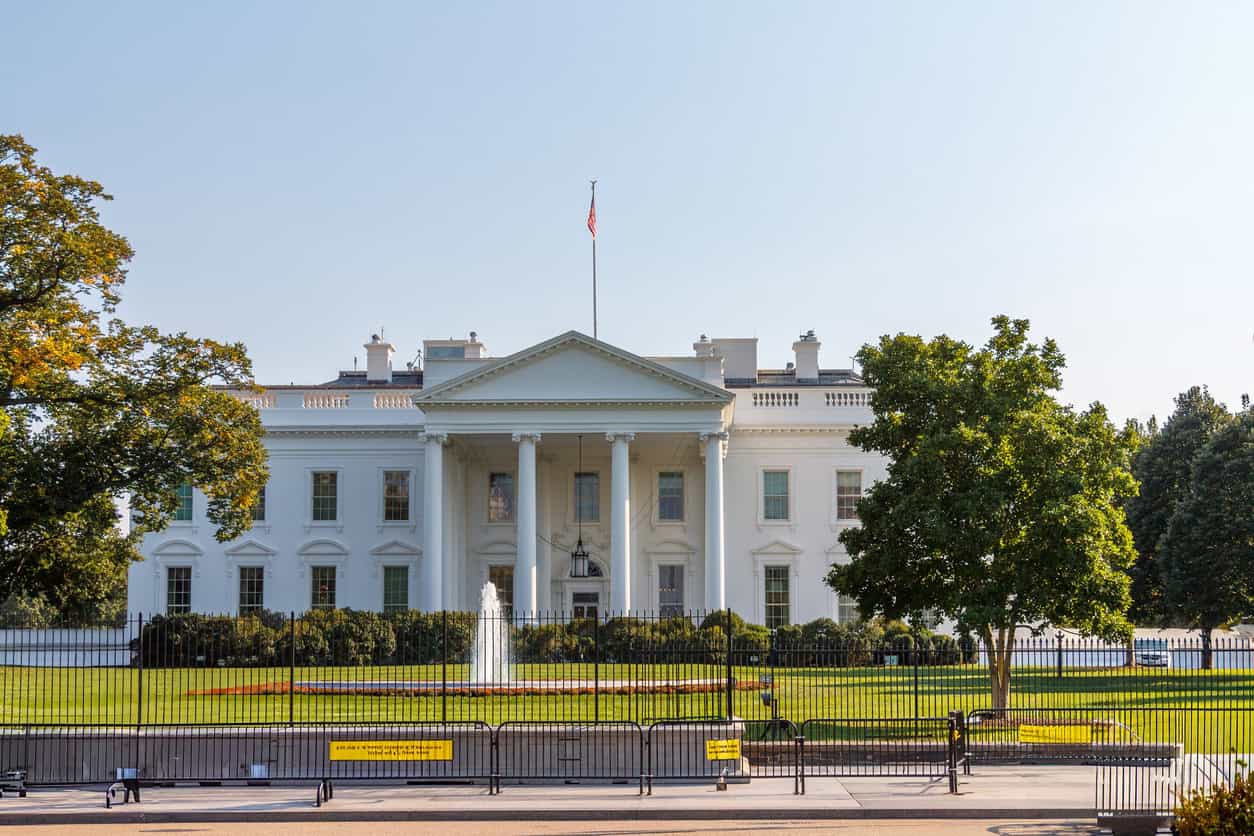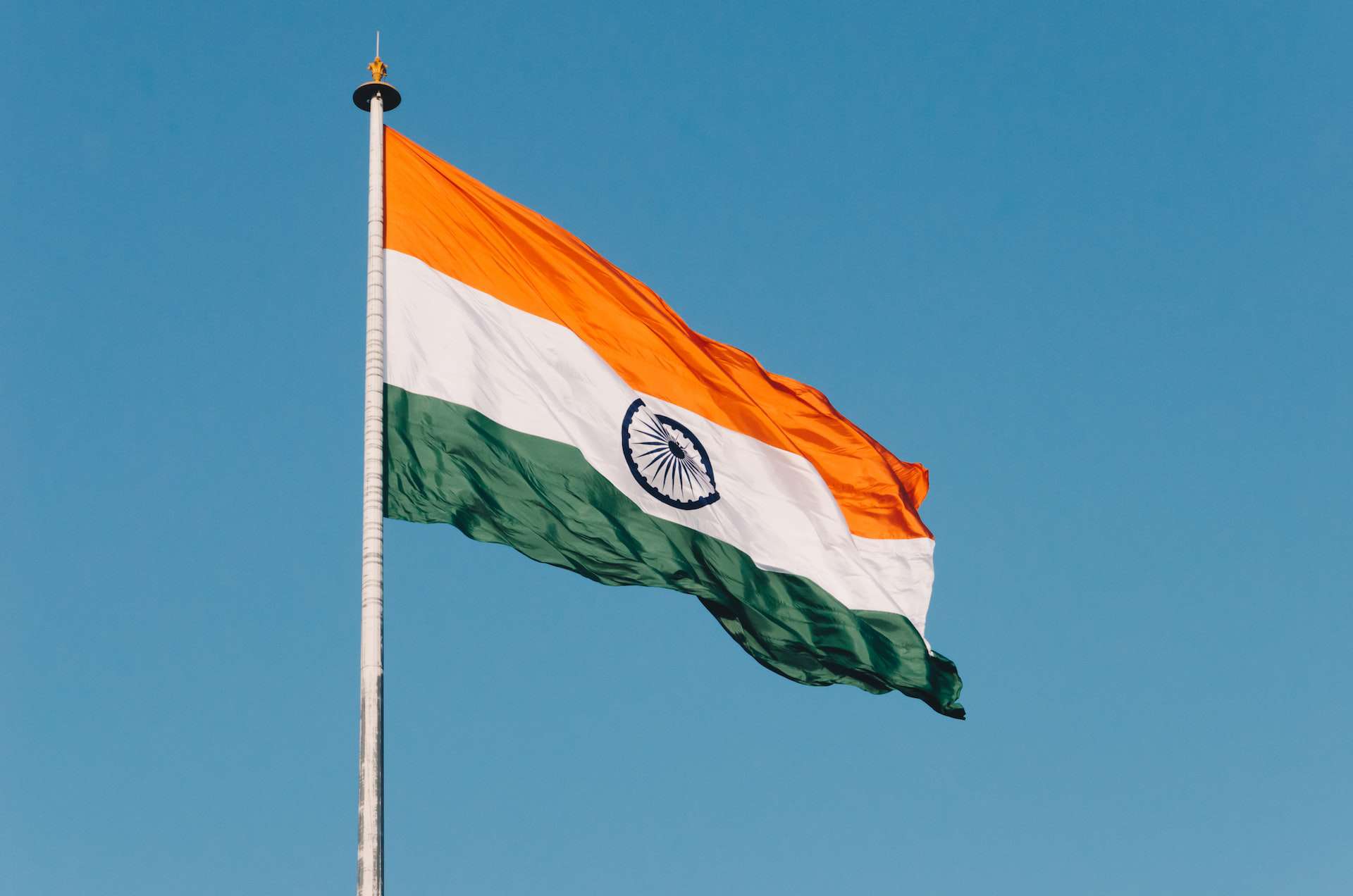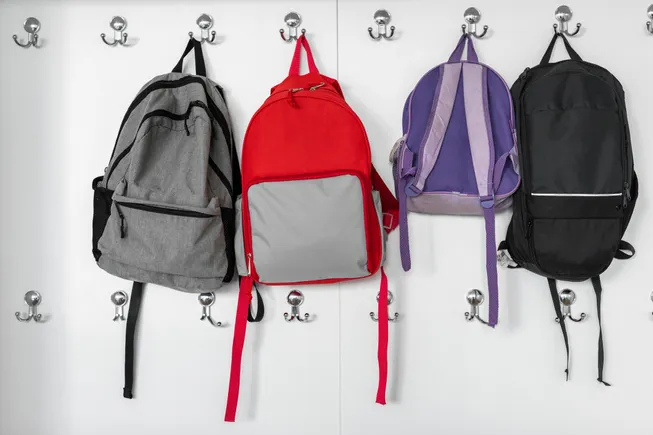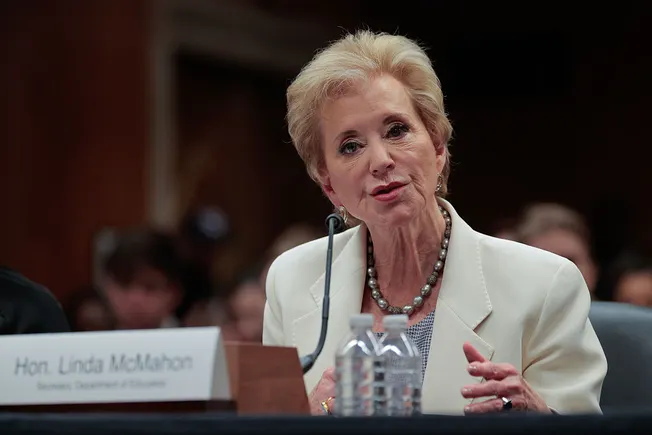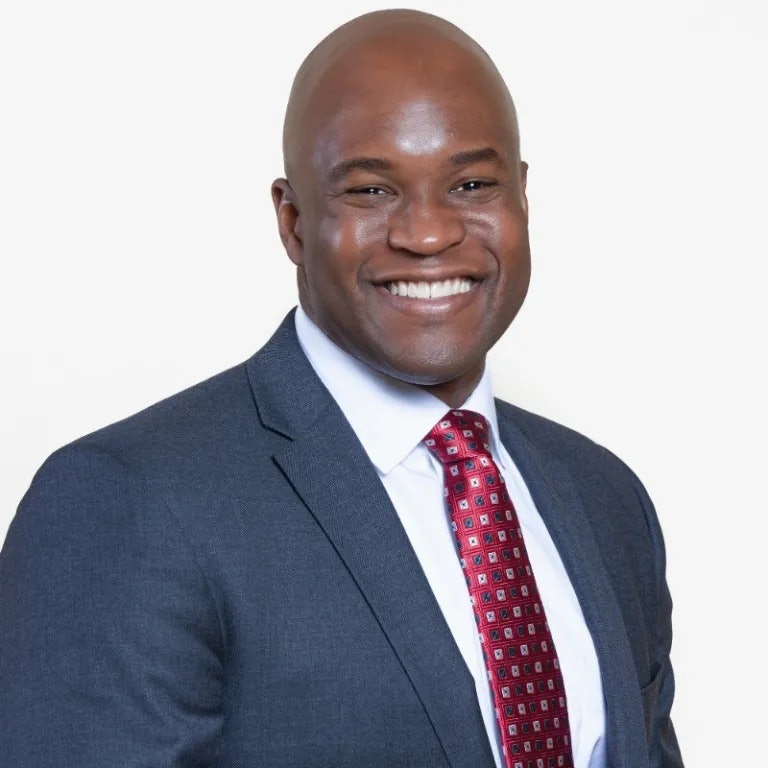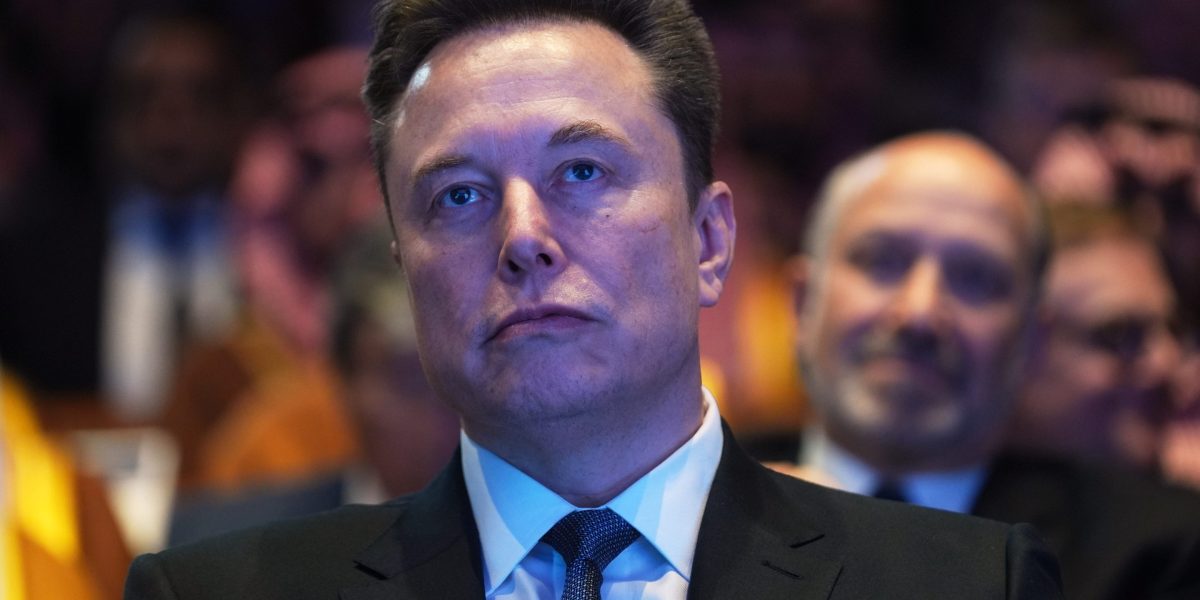The compact, sent to nine initial institutions Wednesday, set out a sweeping list of demands including capping international enrolments, banning the use of race or sex in hiring, freezing tuition for five years and mandating standardised testing in admissions.
The memo said: “No more than 15% of a university’s undergraduate student population shall be participants in the Student Visa Exchange Program, and no more than 5% shall be from any one country.”
For colleges whose current internationals student populations are above 15%, incoming classes should meet the new cap, it said.
The White House said universities that sign on to what it labelled the “Compact for Academic Excellence in Higher Education” would get “multiple positive benefits” including access to federal student loans and research funding, approval of visas for international scholars and preferential treatment under the tax code.
The memo said that international students should be supportive of “American and Western values,” urging colleges to “screen out students who demonstrate hostility to the United States, its allies, or its values.”
This June, the administration resumed student visa interviews after a near month-long global pause and implemented enhanced social media screening of prospective international students to identify any potential signs of “hostility” towards the US government or culture.
Wednesday’s correspondence from the White House also says universities must be prepared to share all known international student information, including discipline records, upon request with the Department of Homeland Security (DHS) and the State Department.
The new demands were sent to Vanderbilt University, Dartmouth College, the University of Pennsylvania, the University of Southern California, Massachusetts Institute of Technology, the University of Texas, the University of Arizona, Brown University and the University of Virginia, the White House said.
It is understood the compact could be extended to all US colleges.
According to the White House official, universities were chosen because their leadership indicated they could possibly assist in the efforts and provide feedback on the proposal, Bloomberg reported.
No more than 15% of a university’s undergraduate student population shall be participants in the Student Visa Exchange Program, and no more than 5% shall be from any one country
US White House
International students make up over a quarter of the student body at the University of Southern California, according to its website. Meanwhile, at Brown, international students comprise just under one quarter of total students, it is estimated.
The letter outlined that adherence to the agreement would be subject to review by the US Justice Department and that universities found to be in violation would “lose access to the benefits of this agreement”.
The memo – initially picked up by the Wall Street Journal – demands all college employees “abstain in their official capacity from actions or speech related to politics” and that universities abolish units that “purposefully punish, belittle, and even spark violence against conservative ideas”.
It also instructs colleges to disclose all overseas funding and disallows “political demonstrations that disrupt study locations or harass individual students or groups”.
The sharing of international student data has been a major sticking point in the administration’s months-long feud with Harvard, with DHS repeatedly demanding the university overturn extensive records on its 7,000 international students.
The administration has made deals with several high-profile universities, such as Columbia and Brown, in its mission to reshape higher education including concessions made on the universities’ part to share data with the government and step up scrutiny of international students in return for the restoration of funding.
Wednesday’s memo comes a day after Trump’s deportation campaign of international students who participated in pro-Palestinian advocacy was ruled illegal by a federal judge.
The ruling issued a scathing judgement against the administration’s attempts to “strike fear” into non-citizens in the US and chill free speech – something it maintained “unequivocally” that international students hold under the constitution.


